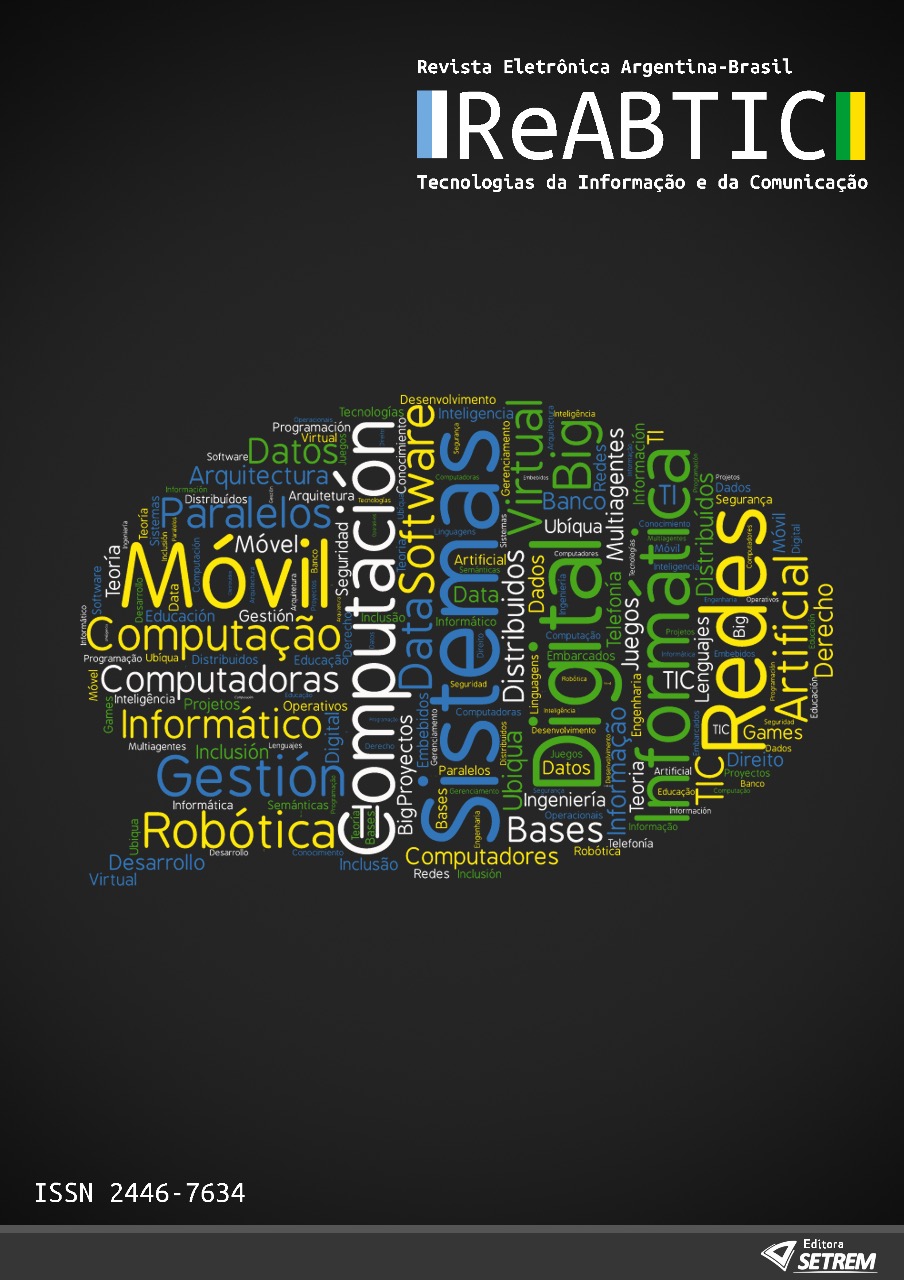Use of Hidden Markov Models and Reinforcement Learning for detection of students' Learning Styles in Intelligent Tutoring Systems
Main Article Content
Abstract
One of the greatest challenges in the field of Distance Education is to provide technological solutions that attend students in a personalized way. In general, Virtual Learning Environments, while assist teachers and students during the realization of courses, do not consider the individual preferences of each student. In this sense, several researches point out that considering student differences, through the use of Learning Styles theory, positively impacts students’ performance through the course. Given this scenario, the automatic identification of students’ Learning Styles in Intelligent Tutoring Systems is animportant topic in the field of Technology applied to Education. The present work proposes an automatic identification of the students’ Learning Styles inIntelligent Tutoring Systems. The proposed approach uses Hidden Markov Models to model Learning Styles, the Viterbi Algorithm for inferring them, and aReinforcement Learning approach for correcting the automatic detection of Learning Styles. Experimental results proved that the proposed approach is verypromising, since it was able to to infer the students’ Learning Style with 91% accuracy results.
Article Details
Issue
Section
Artigos
REABTIC reserves the right to make orthographic and grammatical changes to the original manuscripts in order to follow the culture standard of the language.
The published works become the property of REABTIC and it should be cited after the publication by using the respective source.
The opinions in the articles are the sole responsibility of the authors.
